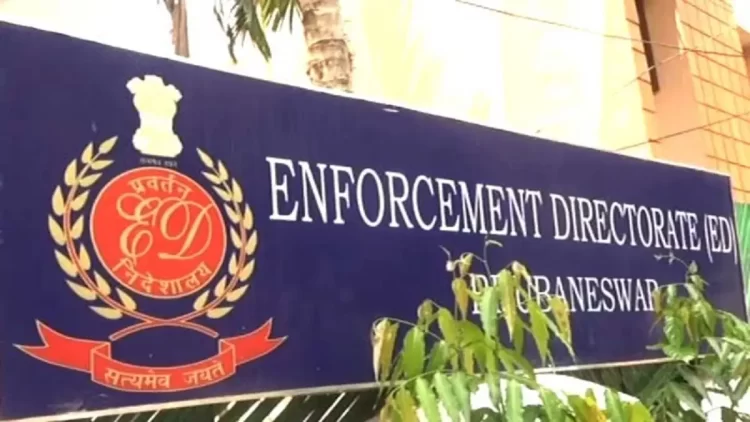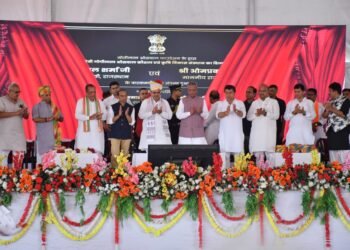NEW DELHI (India CSR): The Enforcement Directorate (ED) has unveiled startling revelations about the Popular Front of India (PFI) through a comprehensive dossier following a multi-agency investigation that began with the arrest of KA Rauf Sherif, the general secretary of the Campus Front of India (CFI), in December 2020. The investigation has exposed PFI’s extensive membership and financial networks spanning multiple states and countries.
A Vast Membership Base
According to the ED’s findings, the PFI boasts a staggering membership of at least 13,000 individuals, with established offices in various Indian states, including Kerala, Karnataka, Tamil Nadu, Telangana, Delhi, Rajasthan, Maharashtra, Bihar, West Bengal, Assam, Jammu and Kashmir, and Manipur. Additionally, the organization has a significant presence in Singapore and five Gulf countries. This extensive network raises concerns about PFI’s influence and operational capabilities both within India and abroad.
Funding Through Hawala
The ED dossier indicates that PFI generates funds through cash contributions from “unknown donors,” primarily in Gulf nations. These funds are reportedly funneled into India via hawala channels, a method often used to transfer money illegally. Investigators have identified 29 bank accounts linked to trusts and entities affiliated with the PFI, where these illicit funds are deposited. The agency has made significant progress in tracing the flow of this money, which has been connected to various terrorist activities in India.
Arrests and Property Seizures
Over the past few years, law enforcement agencies have arrested 26 prominent PFI office bearers and seized properties and bank accounts in both India and overseas. Notable arrests include Rauf Sherif, Shafeeque Payeth (a PFI member based in Qatar), Perwez Ahmed (president of Delhi PFI), and Sahul Hameed (a hawala operator in Singapore). These arrests form part of a broader crackdown on the organization, which has been linked to various acts of violence, including the 2020 Delhi riots, unrest in Hathras, and an assassination attempt on Prime Minister Modi during a rally in Patna in July 2022.
Training Camps and Violent Tactics
The investigation also uncovered a terrorist training camp located in Narath, Kannur district, Kerala. Reports indicate that the PFI was instructing its members in the use of explosives and weapons, disguised as physical education classes. This alarming finding underscores the organization’s potential for violence and the threats it poses to national security.
Financial Exploitation and Properties Attached
The financial investigations have revealed that PFI and its affiliates have amassed over ₹94 crore through various means, leading to the ED attaching 35 properties valued at ₹57 crore, labeling them as “proceeds of crime.” The organization’s activities have been traced back to several Gulf countries, including Kuwait, Oman, Qatar, Saudi Arabia, and the UAE, where most of its funding originates.
Conclusion: A Threat to National Security
The ED has expressed grave concerns regarding the PFI’s objectives, characterizing them as an Islamic movement camouflaged as a social cause. The agency’s findings highlight PFI’s organized approach in targeting the non-resident Muslim diaspora in Gulf nations to raise funds for activities that threaten India’s security. As investigations continue, the full extent of PFI’s operations and connections remains a pressing issue for national security agencies.























